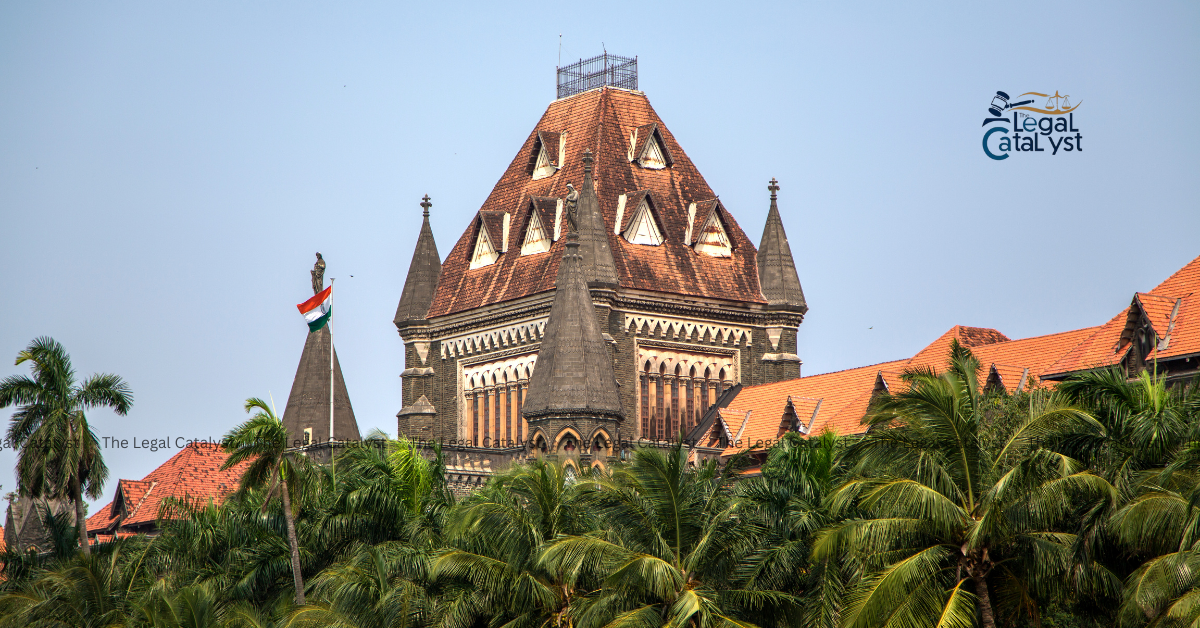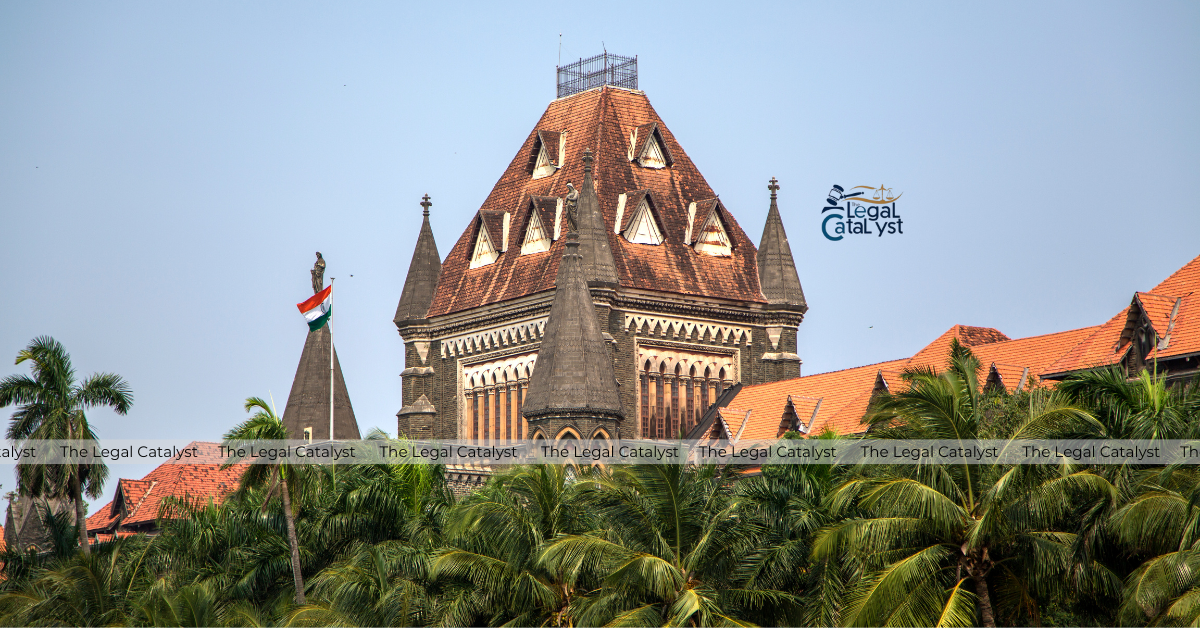A group of lawyers has moved the Bombay High Court against luxury fashion house Prada, accusing it of copying the traditional design of Maharashtra’s iconic Kolhapuri Chappal without permission or acknowledgment.
According to the Public Interest Litigation (PIL), Prada recently showcased a pair of “toe ring sandals” during its Spring/Summer 2026 Men’s Collection in Milan on June 22. The sandals, priced at over ₹1 lakh, look remarkably similar to the traditional Kolhapuri Chappals — handcrafted leather footwear that has been made by artisan communities in Maharashtra for generations.
The petition claims that this is not just a case of copying a design — it’s cultural misappropriation. It argues that by using the design without credit or consent, Prada has violated the rights of artisans who have kept this centuries-old tradition alive. The footwear holds a Geographical Indication (GI) tag, which means it’s officially recognized as a unique product of a specific region — in this case, Maharashtra. Kolhapuri Chappals received GI status in 2009, which was renewed in 2019 and is valid until 2029.
The PIL points out that crafting a pair of authentic Kolhapuri Chappals typically takes four to five weeks and involves intricate manual work and skills passed down through generations. The artisans’ work, the petition says, is not just a livelihood — it’s a part of India’s cultural heritage.
By failing to acknowledge the Indian origins of the design and marketing the footwear under its own label, Prada is accused of undermining the artisans’ economic rights and stripping them of recognition. The petitioners also argue that this act violates fundamental rights under Article 21 (right to livelihood and cultural identity) and Article 29(1) of the Constitution (right to preserve cultural heritage).
The plea seeks the following:
- A court order to stop Prada from selling or using the sandal design commercially.
- A public apology from the brand.
- Compensation for the artisan communities for economic and reputational loss.
- A directive to the government to create better protections for GI-tagged products in international markets, including a dedicated committee and clear guidelines.
The case is shaping up to be more than just a legal battle — it’s a fight to protect traditional Indian craftsmanship in a globalized world where credit and respect for indigenous creators are often overlooked.




